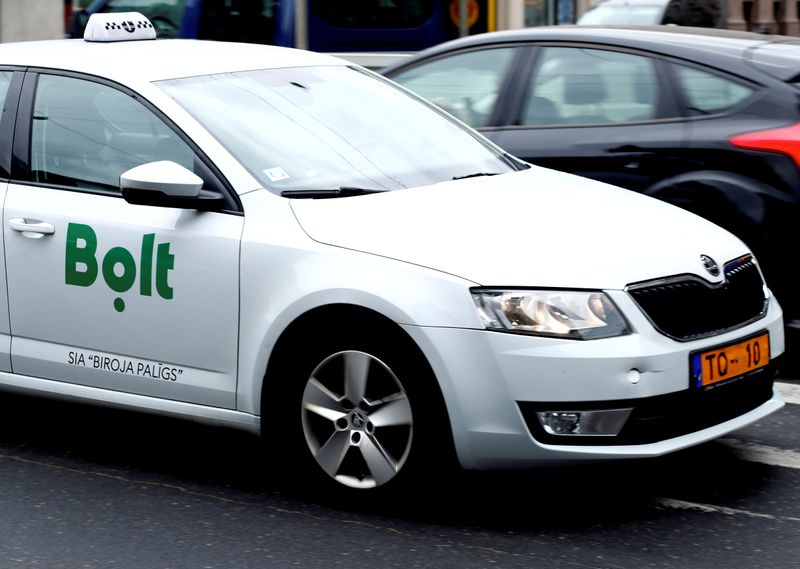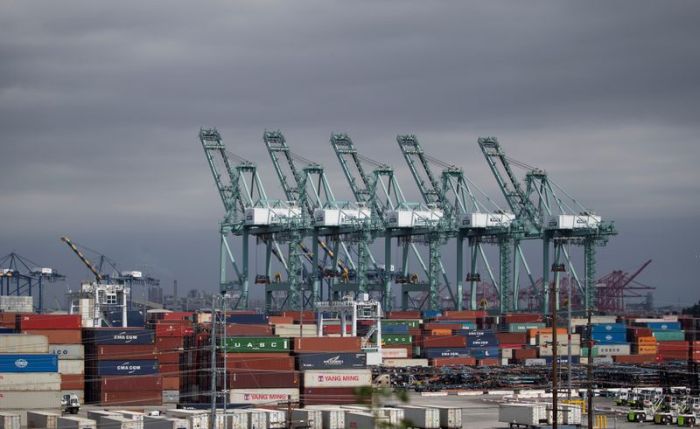BERLIN (Reuters) – Estonian transportation startup Bolt said on Wednesday it had raised 150 million euros ($182 million) from investors, becoming the latest European player to win funding as the coronavirus pandemic changes the way people get around.
Bolt, previously known as Taxify, competes with Uber in ride-hailing. It also operates electric scooters, launched food delivery last year, and is expanding to cover 200 cities in 40 countries across Europe and Africa.
As governments imposed lockdowns to control the spread of the coronavirus, ride-hailing and transportation startups have benefited as city dwellers switch away from public transport and those stuck at home order in more meals.
“We have almost doubled our number of customers (this year) and launched our services from ride-hailing to micromobility and food delivery in 50 new cities,” said Markus Villig, Bolt’s 26-year-old chief executive officer and co-founder.
Bolt, which Villig set up in 2013 after dropping out of college, will invest proceeds from the funding round into safety enhancements, in addition to the SOS buttons already in both its rider and driver apps.
Further safety measures planned in 2021 include driver face verification and automated trip monitoring using predictive artificial intelligence to avoid potentially risky situations.
SCOOTER WARS
The company, which recently launched a scooter that detects unsafe riding patterns, has set its sights on becoming Europe’s top e-scooter rental company and plans to launch in 100 cities next season.
Takeup of Bolt’s scooters has been “exploding”, Villig told Reuters, adding that revenue from two-wheelers could catch up with ride-hailing in some markets in as little as two years after launch.
Bolt was able to compete as a price leader thanks to synergies from its technology platform, which supports a common app for ride-hailing and scooters, he added. The firm’s revenue run rate is now more than 2 billion euros.
The company faces well-funded competition in the e-scooter stakes: Berlin-based Tier Mobility raised $250 million from investors in November, while Sweden’s VOI Technology pulled in $160 million this month.
The Series D investment round was led by D1 Capital Partners, with the participation of Darsana Capital Partners. ($1 = 0.8239 euros)
(Reporting by Douglas Busvine; Editing by Paul Simao and Louise Heavens)






















